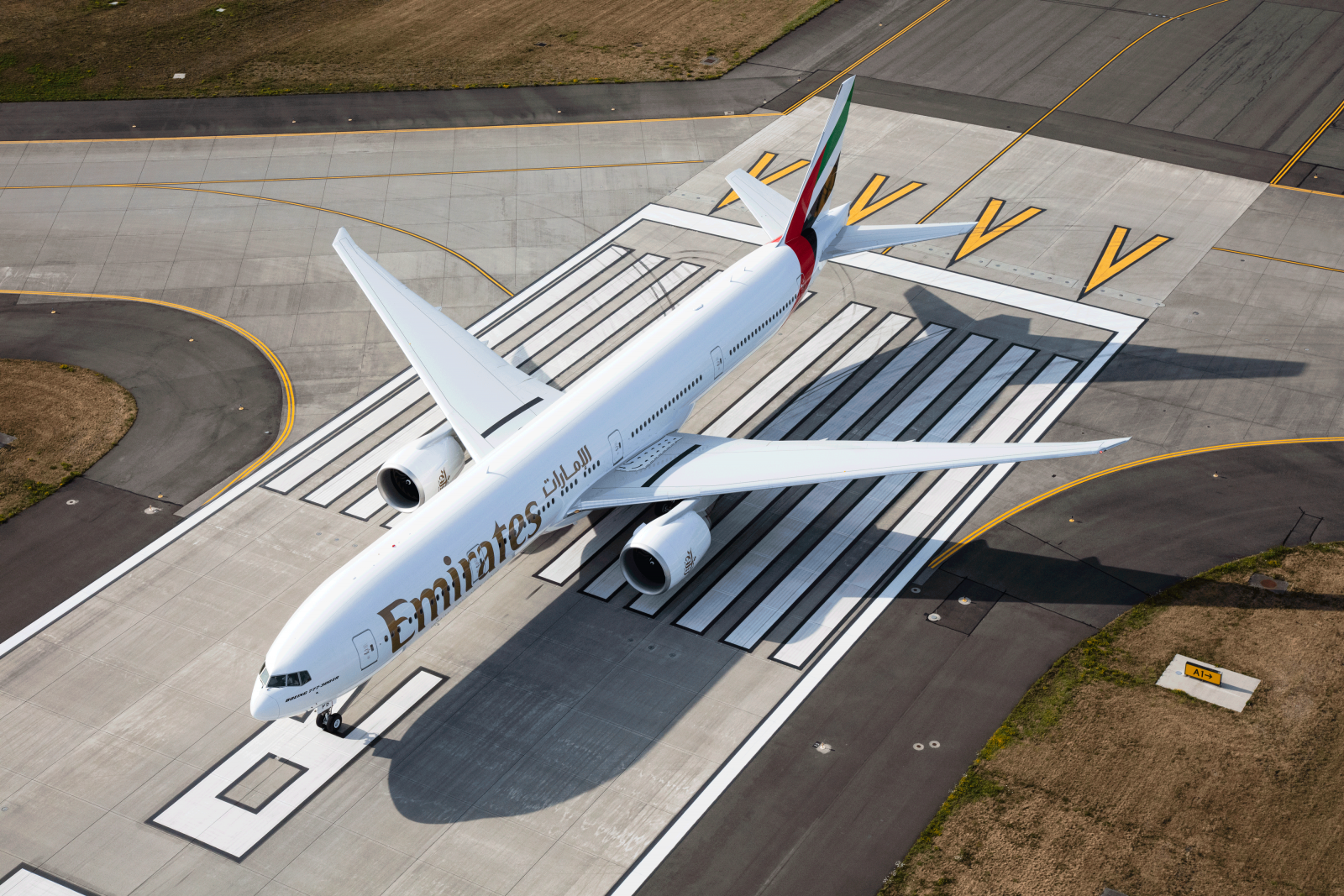
The Dubai-based airline Emirates has once again updated its flight inventories for the Summer season, pushing back its first regularly scheduled flights until July 1. At present, Emirates is only flying to four destinations – London Heathrow, Frankfurt, Manila and Sao Paolo. The last flight to Sao Paolo is scheduled to depart on Tuesday and departures to Manila will cease next Thursday.

Emirates had been eyeing up a flight programme that would have seen the airline operating to nearly 140 destinations worldwide by mid-June. But now, reservations are completely closed between May 15 and June 30. Reservations then become available from July 1 with initial destinations including Abuja, Amsterdam, Athens and London Gatwick.
Flights to Beijing, Guangzhou and Hong Kong are also slated to restart from July 1.
Emirates suspended all regularly scheduled passenger flights on March 24 after an order from the National Emergency Crisis and Disaster Management Authority that grounded flights across the United Arab Emirates. Since early April, Emirates has been given special permission to operate a limited number of repatriation flights to get stranded tourists and workers home.
The airline has significantly altered its in-flight service on these special rescue flights, enforcing social distancing measures and making passengers wear face masks and gloves. In addition, other safety measures include:
- Thermal scanning of all passengers
- Mandatory COVID-19 testing for crew returning on all flights
- Safety screens at check-in desks
- Cabin crew must now wear face masks, goggles and a smock
- Female cabin crew no longer wear the scarf to reduce facial contact
- Bento-style lunch boxes are served in lieu of a full service
- Most hand luggage is banned from the cabin
Officials haven’t publicly indicated when normal commercial flights will be allowed to restart as the UAE battles to prevent further spread of the COVID-19 virus. Etihad Airways, however, is aiming for May 1 relaunch which would include allowing transit passengers to travel through Abu Dhabi International Airport.
A ban on foreigners entering the UAE is likely to remain intact for a longer period. If Etihad is allowed to restart flights as planned, it’s strategy would mirror that of regional rival Qatar Airways which has been allowed to continue operating throughout the crisis despite a ban on visitors entering Qatar.
Etihad initially plans to fly to 38 destinations using Boeing 787 Dreamliners and Boeing 777’s, as well as smaller Airbus A320-series aircraft. Etihad’s fleet of Airbus A380 sumperjumbos will remain grounded for the foreseeable future.
“While the intention is to assume a ‘business as usual’ approach to the restart of our operations, the aviation landscape has changed, and how it will look month by month is difficult to predict,” explained Etihad’s chief executive Tony Douglas.
Emirates has experimented with rapid COVID-19 tests that can deliver results in as little as 10 minutes. The carrier may well look to massively expand this testing capability before allowing passengers to travel through Dubai International Airport.
Mateusz Maszczynski honed his skills as an international flight attendant at the most prominent airline in the Middle East and has been flying ever since... most recently for a well known European airline. Matt is passionate about the aviation industry and has become an expert in passenger experience and human-centric stories. Always keeping an ear close to the ground, Matt's industry insights, analysis and news coverage is frequently relied upon by some of the biggest names in journalism.







